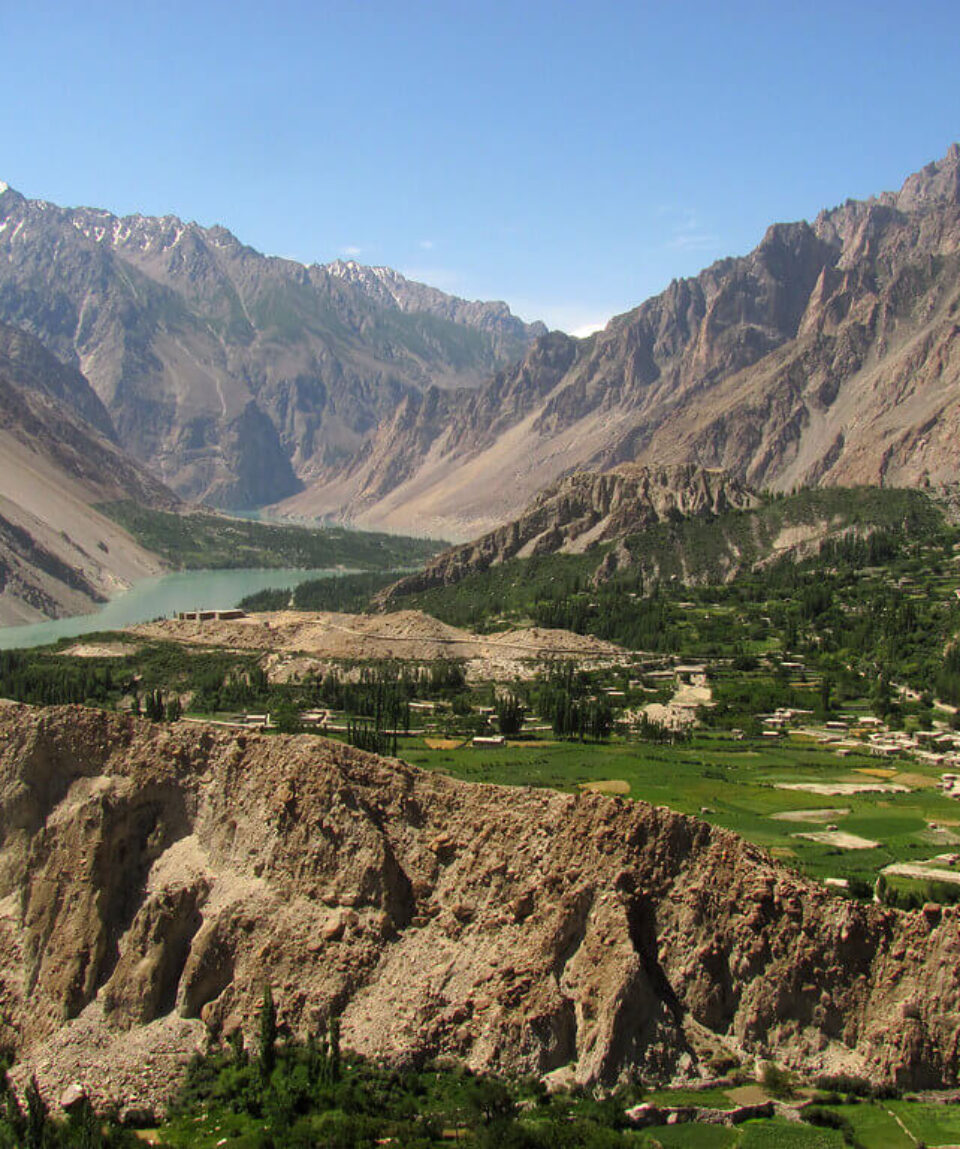Pakistan Expedition
fromPakistan Expedition: Set out on an incredible trip through the heart and spirit of Pakistan. This immersive journey takes you through a variety of environments, from bustling cities to unspoiled regions.
-
Reviews 0 Reviews0/5
-
Vacation Style Holiday TypeCamping, Climbing, Expedition Style, Guided, Mountaineering, Tours & Sightseeing, Trekking
-
Activity Level Challenging
-
Group Size Medium Group
A trip to Pakistan’s Hunza Valley’s furthest reaches
Pakistan Expedition: This 15-day excursion is a first-time journey in a remote region. The journey departs from Islamabad, the capital of Pakistan, and travels north to the gorgeous but under-visited Hunza Valley region. Nature has been allowed to run wild here; picture imposing jagged peaks, alpine lakes, and glaciers seeping into valleys. Learn about the contemporary improvements that support the prosperity of the locals as you walk between historic fortifications spread around rural hamlets. Finish in Lahore, a city that has endured the rise and fall of numerous dynasties while also preserving the culture that has made Pakistan such a captivating and all-consuming place.
Why you’ll enjoy this journey
Learn about Pakistan from a local leader who is the most knowledgeable and passionate about the nation. Hear about its violent past, fascinating present, and hopeful future.
Discover the Hunza Valley, a sparsely visited yet breathtakingly gorgeous region of northern Pakistan, with its ragged snow-capped hills, brilliant blue lakes, and traditional culture.
Lahore has so much to offer, from its historic museums, gardens, and forts to its amazing cuisine scene. Discover this vibrant city over the course of three days.
Trek through the surrounding mountains and meet the local families who live in this difficult environment when you visit the incredibly remote village of Shimshal.
Visit a women’s organization that receives funding from the Aga Khan Foundation to learn about their initiatives and enjoy lunch at a cafe owned by neighborhood women.
Foreign travelers (non-Pakistani)
- Adoption of Covid SOPs/Guidelines and Free Safety Pack (Sanitizer, One Mask, and One Pair of Gloves Per Day)
- Licensed professional guide required by the government
- The first and last days in Islamabad require airport transfers
- Every single domestic road transfer
- Each and every hotel room (twin-sharing room)
- breakfast, lunch, and dinner at the hotel
- Support personnel, such as assistants
Domestic travelers (Pakistani Nationals)
- A certified expert guide
- Road transport (Islamabad to Islamabad)
- According to the itinerary, hotels
- Dinners at the hotel as planned
- Support personnel (assistant(s), etc., as needed)
Foreign travelers (non-Pakistani)
- Travel insurance is only recommended.
- Pakistan visa (Supporting documents will be provided)
- International airfare
- Personal gear (shoes, clothing, etc.)
- Guides, porters, employees, etc.: gratuities
- Other expenses (beverages, calls, laundry, souvenirs, etc.)
Domestic travelers (Pakistani Nationals)
- Airport Transfers in Islamabad can be arranged for an extra fee.
- Islamabad and nearby area sightseeing (may be arranged; additional fees apply)
- Islamabad hotel accommodations (may be provided; additional fees apply)
- Islamabad hotel meals can be supplied for an extra fee.
- Insurance for travel (recommendations are available)
- Pakistan does not require a visa
- International airfare for Pakistanis living abroad
- Personal gear, such as warm clothing and boots
- Guides, porters, employees, etc.: gratuities
- Other expenses (beverages, calls, laundry, souvenirs, etc.)
- Day 01 Arrive at Islamabad International Airport
- Day 02 Explore Islamabad
- Day 03 Fly to Gilgit and Drive to Gulmit 2465m
- Day 04 Explore Gulmit Valley
- Day 05 Explore Hunza Valley
- Day 06 Drive to Shimshal (3100m)
- Day 07 Explore Shimshal (3100m)
- Day 08 Hike to Shimshal (3100m)
- Day 09 Drive to Hunza Valley - Karimabad (2206m)
- Day 10 Explore Karimabad (2206m)
- Day 11 Drive to Gilgit and Fly to Islamabad then Lahore
- Day 12 Explore Lahore
- Day 13 Explore the Historical places of Lahore
- Day 14 Explore Lahore
- Day 15 Fly to home country
-
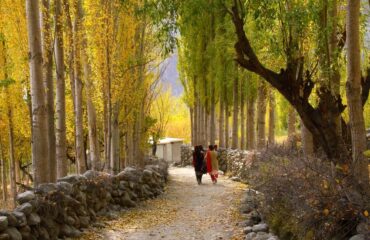 pakistan expedition
pakistan expedition
pakistan expedition
pakistan expedition
-
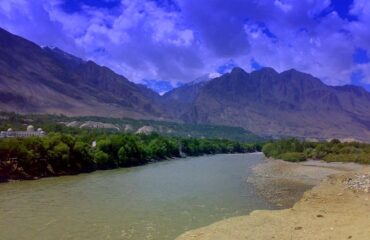 pakistan expedition
pakistan expedition
pakistan expedition
pakistan expedition
-
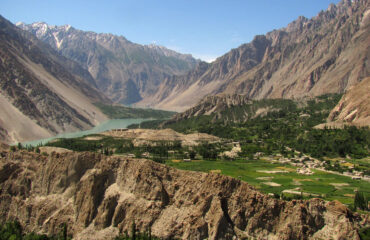 pakistan expedition
pakistan expedition
pakistan expedition
pakistan expedition
-
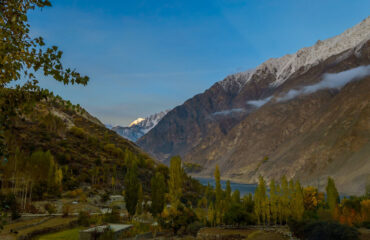 pakistan expedition
pakistan expedition
pakistan expedition
pakistan expedition
-
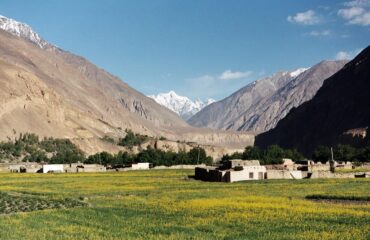 pakistan expedition
pakistan expedition
pakistan expedition
pakistan expedition
-
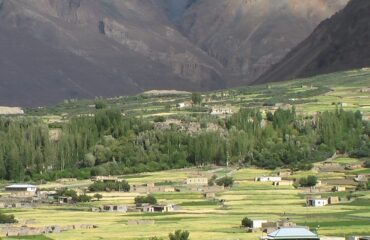 pakistan expedition
pakistan expedition
pakistan expedition
pakistan expedition
-
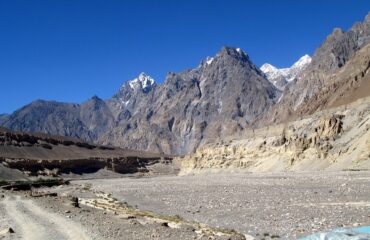 pakistan expedition
pakistan expedition
pakistan expedition
pakistan expedition
-
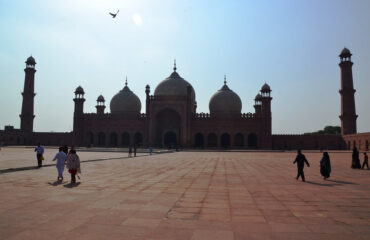 pakistan expedition
pakistan expedition
pakistan expedition
pakistan expedition
-
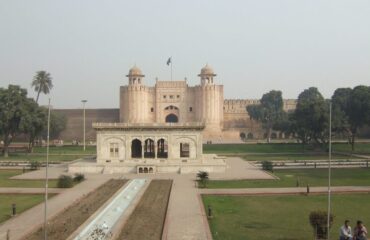 pakistan expedition
pakistan expedition
pakistan expedition
pakistan expedition
-
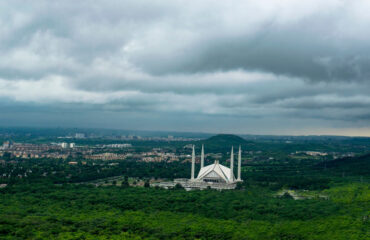 pakistan expedition
pakistan expedition
pakistan expedition
pakistan expedition



